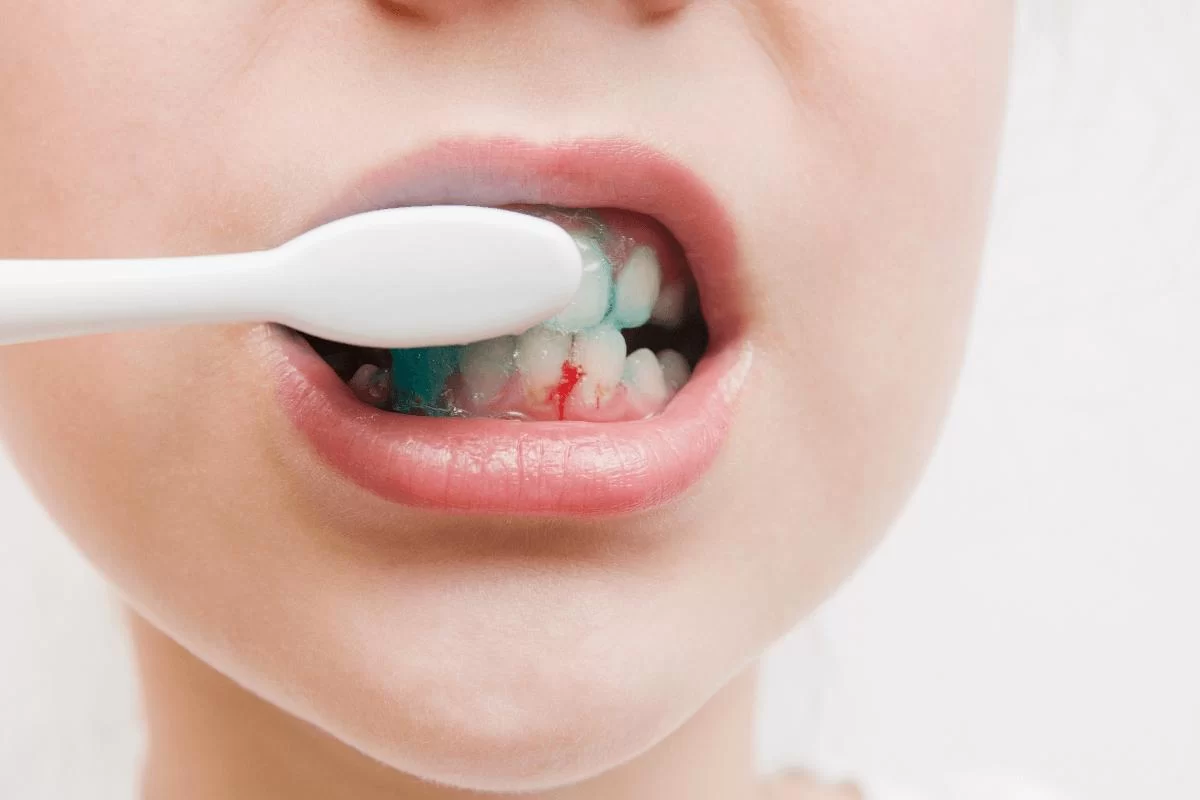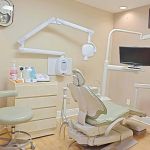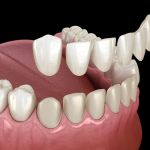
Why Do Your Gums Bleed When Brushing Your Teeth? Understanding the Causes and Solutions
- 1. Common Causes of Bleeding Gums
- 2. How to Prevent Gum Bleeding
- 3. When to See a Dentist
- 4. Products to Promote Healthy Gums
1. Common Causes of Bleeding Gums
If you've ever noticed blood in the sink after brushing your teeth, you might be wondering, "Why do my gums bleed when brushing?" Bleeding gums are often a sign that something isn't quite right with your oral health. There are several common causes that can lead to this condition.
1.1 Gum Disease (Gingivitis)
One of the most common reasons for gums to bleed is gingivitis, an early stage of gum disease. Gingivitis occurs when plaque—a sticky film of bacteria—builds up on your teeth and irritates your gums. As a result, your gums may become red, swollen, and bleed easily when brushed. If left untreated, gingivitis can develop into more severe gum disease, such as periodontitis.
1.2 Poor Oral Hygiene
Another leading cause of bleeding gums is poor oral hygiene. If you don’t brush and floss regularly, plaque and tartar can accumulate along the gum line, leading to inflammation and bleeding. Ensuring that you brush at least twice a day and floss regularly can help reduce this risk.
1.3 Vitamin Deficiencies
In some cases, bleeding gums can be linked to a deficiency in vitamin C or other essential nutrients. A lack of vitamin C, in particular, can lead to a condition called scurvy, which can cause gum bleeding. Ensuring you have a balanced diet rich in vitamins can improve gum health.
2. How to Prevent Gum Bleeding
While bleeding gums are common, they are also preventable. Adopting good oral hygiene habits and making certain lifestyle changes can help keep your gums healthy and stop the bleeding.
2.1 Brushing and Flossing Techniques
The way you brush and floss can make a big difference in preventing gum bleeding. Use a soft-bristled toothbrush and gently brush your teeth in circular motions. Avoid brushing too hard, as this can irritate your gums. Flossing at least once a day helps remove plaque from areas that your toothbrush can't reach, preventing gum disease.
2.2 Regular Dental Checkups
Seeing your dentist regularly is essential for maintaining healthy gums. Your dentist can detect early signs of gum disease and provide treatment before it worsens. Professional cleanings every six months will also help remove tartar buildup and keep your gums healthy.
2.3 Healthy Diet
A diet rich in vitamins, minerals, and antioxidants can help maintain strong, healthy gums. Foods like citrus fruits, leafy greens, and nuts are excellent for gum health. Staying hydrated is also important to keep your mouth moist and your gums protected.
3. When to See a Dentist
If you notice your gums bleeding frequently, it’s important to schedule a visit to your dentist. While minor gum irritation can often be resolved with better oral care, persistent bleeding may indicate a more serious issue, such as advanced gum disease or other health conditions.
3.1 Symptoms of Advanced Gum Disease
If your gums not only bleed but also recede, become painful, or cause tooth mobility, these may be signs of periodontitis, a more severe form of gum disease. Left untreated, this condition can lead to tooth loss. Don’t ignore bleeding gums—seek professional care as soon as possible.
3.2 Other Health Concerns
In some rare cases, bleeding gums can be related to underlying health conditions like diabetes, blood disorders, or certain medications that affect your blood’s ability to clot. Your dentist can help determine whether your gum bleeding is related to a larger health issue and recommend the appropriate course of action.
4. Products to Promote Healthy Gums
If you want to support your gum health, there are several dental products available that can make a difference. Using the right products can help prevent plaque buildup, strengthen your gums, and reduce bleeding. Here are a few options to consider:
4.1 Antiseptic Mouthwash
Using an antiseptic mouthwash can help kill the bacteria that cause gum disease. Mouthwashes containing chlorhexidine or essential oils can help reduce inflammation and prevent plaque buildup around the gums.
4.2 Electric Toothbrush
Switching to an electric toothbrush can be an effective way to improve your brushing technique. Many electric toothbrushes have built-in timers and pressure sensors that help you brush for the right amount of time and avoid brushing too aggressively.
4.3 Gum Care Toothpaste
Toothpaste specially formulated for gum health, such as those containing fluoride or potassium nitrate, can help reduce gum inflammation and promote healing. These toothpastes are designed to be gentle on the gums while effectively cleaning your teeth.
If you're experiencing bleeding gums, it's crucial to act quickly to protect your oral health. By understanding the causes and taking preventive steps, you can enjoy healthier gums and a brighter smile. If you're looking for professional dental products to support your gum health, visit Dentistry Toothtruth for more information.







 Coastal Dental Group4.0 (183 review)
Coastal Dental Group4.0 (183 review) Dentistry at 1818 Market Street4.0 (686 review)
Dentistry at 1818 Market Street4.0 (686 review) Bruce E Matthews DDS PA4.0 (201 review)
Bruce E Matthews DDS PA4.0 (201 review) Silvana Cumani DMD & Associates PC3.0 (64 review)
Silvana Cumani DMD & Associates PC3.0 (64 review) Lowery Smiles5.0 (305 review)
Lowery Smiles5.0 (305 review) Tacoma Dental Care, Dr. Thi Truong Nguyen, DMD.5.0 (29 review)
Tacoma Dental Care, Dr. Thi Truong Nguyen, DMD.5.0 (29 review) The Importance of Oral Health Education During Pregnancy for a Healthy Pregnancy
The Importance of Oral Health Education During Pregnancy for a Healthy Pregnancy Best Tips for Brushing Your Teeth Properly for Healthy Gums: Essential Techniques for Oral Health
Best Tips for Brushing Your Teeth Properly for Healthy Gums: Essential Techniques for Oral Health Why Skipping Dental Checkups Can Lead to Bigger Oral Health Problems
Why Skipping Dental Checkups Can Lead to Bigger Oral Health Problems Advantages of Porcelain Dental Restorations
Advantages of Porcelain Dental Restorations How Can Diabetes Cause Tooth and Gum Problems? Preventing and Managing Oral Health Issues
How Can Diabetes Cause Tooth and Gum Problems? Preventing and Managing Oral Health Issues Healthy Habits for Promoting Good Oral Health and Hygiene: Tips for a Healthy Smile
Healthy Habits for Promoting Good Oral Health and Hygiene: Tips for a Healthy Smile